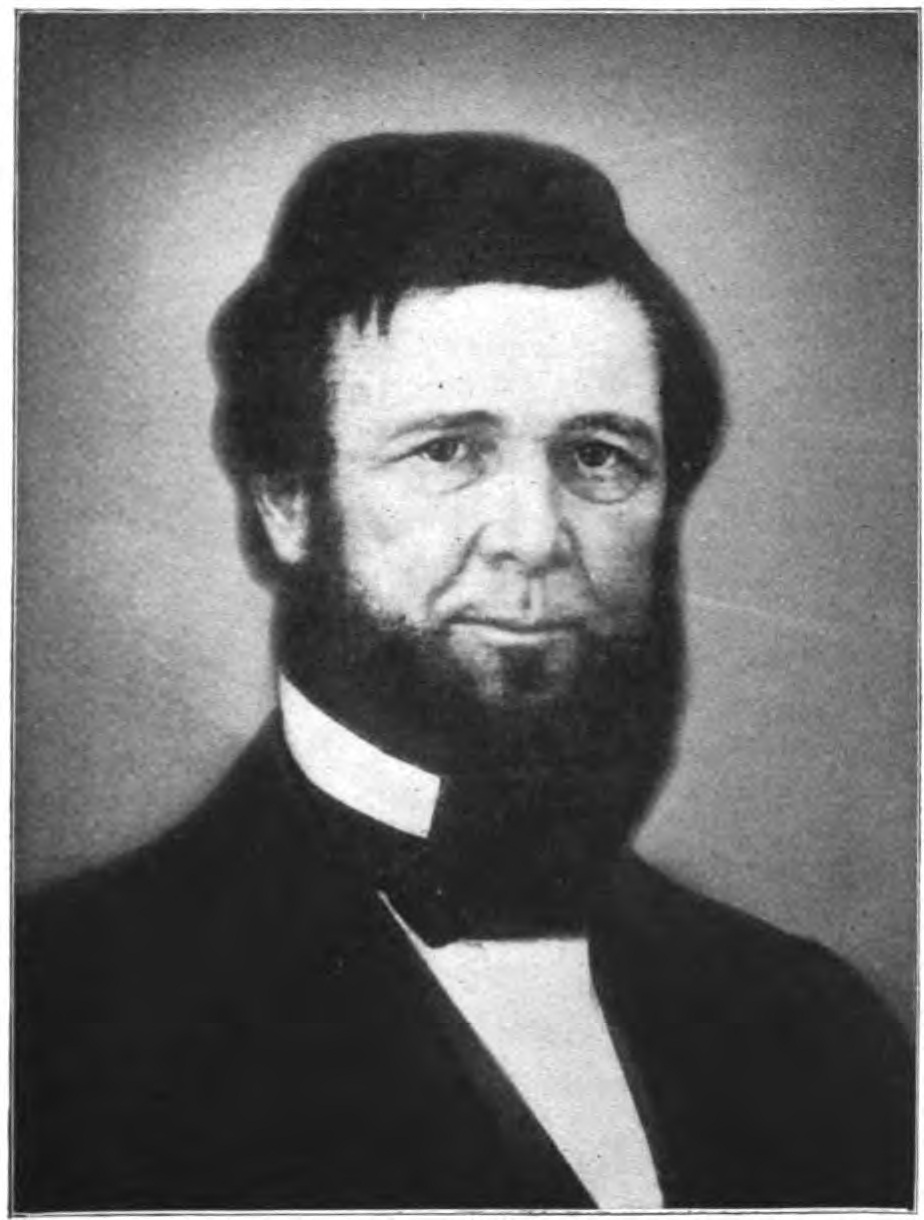
Indian commissioner, William Medill
This new Non-Intercourse Act
provided for the imprisonment of whiskey sellers, payment of
annuities to heads of Indian families, semi-annual payments to
tribes with excessive funds, and a restriction that debts owed by
individual Indians to traders would not be binding on tribal
funds.
It was hoped that these measures
would end the abuses perpetrated on the Indians by traders for the
past thirty years. To his credit, Commissioner Medill lobbied
Congress to pass laws that would allow tribes to get away from the
annuity system, which, over time, had promoted unbridled graft
between the traders and headmen of the tribes. Wrote
Medill:"….traders and others, in anticipation of a treaty being
made with a tribe in which debts would be provided for, induced
them recklessly to run in debt, by every means by which they could
tempt their uncontrolled and unregulated fancy and inclinations, so
that a great, if not the greater portion of the consideration paid
for their lands, fell into their(the agent's) hands."
Treaties, in fact, were made almost exclusively for the benefit of
such persons. Through their influence over the Indians, the
agents could dictate whatever terms they pleased.
Medill also
cautioned Congress that relations with the 'wild tribes' in
the West were becoming strained. The day was fast approaching
when something would have to be done, as the Sioux were up to a lot
of mischief, as were the Pawnee, "...who are also evil disposed and
treacherous, and routinely make attacks on emigrants to
Oregon. It may be advisable to establish a small military
post somewhere near the mouth of the Platte."
Congress
appropriated the money to purchase the dilapidated trading post,
Fort William, and renamed it Fort Laramie after it was rebuilt as a
military fort and stockade.
(for a history of the Non-Intercourse acts, click
here)
Related Events
Related Flashpoints